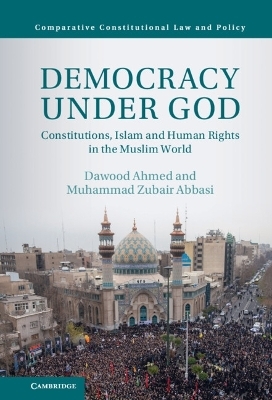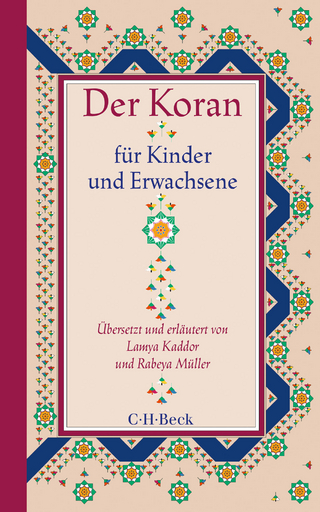
Democracy under God
Cambridge University Press (Verlag)
978-1-107-15805-4 (ISBN)
State recognition of Islam in Muslim countries invites fierce debate from scholars and politicians alike, some of whom assume an inherent conflict between Islam and liberal democracy. Analyzing case studies and empirical data from several Muslim-majority countries, Ahmed and Abbasi find, counterintuitively, that in many Muslim countries, constitutional recognition of Islam often occurs during moments of democratization. Indeed, the insertion of Islam in a constitution is frequently accompanied by an expansion, not a reduction, in constitutional human rights, with case law from higher courts in Egypt and Pakistan demonstrating that potential tensions between the constitutional pursuit of human rights, liberal democracy and Islam are capable of judicial resolution. The authors also argue that colonial history was pivotal in determining whether a country adopted the constitutional path of Islam or secularism partly explaining why Islam in constitutional politics survived and became more prevalent in Muslim countries that were colonized by the British, and not those colonized by the French or Soviets.
Dawood Ahmed is a research fellow at the Comparative Constitutions Project and has worked with the United Nations and the Max Planck Foundation for International Peace and the Rule of Law on constitutional design projects. He has published several journal articles on public international law and constitutional Islam and has authored opinion pieces for the popular press. Muhammad Zubair Abbasi is a Lecturer at Bradford University. His research focuses on the relationship between shari'a and state law, Islamic law and jurisprudence (usul al-fiqh) in the contemporary world, and comparative law, family law, and constitutional law. He is an editor for Harvard Law School's SHARIAsource and associate editor of the Yearbook of Islamic and Middle Eastern Law.
Introduction; Part I. 1. Islamic constitutionalism: origins and present; 2. What is an Islamic constitution?; Part II. 3. Constitutional Islamisation and Islamic supremacy clauses; 4. Case studies; Part III. 5. Islamic supremacy clauses and rights – Islamic review in practice; Conclusion.
| Erscheinungsdatum | 20.02.2023 |
|---|---|
| Reihe/Serie | Comparative Constitutional Law and Policy |
| Verlagsort | Cambridge |
| Sprache | englisch |
| Maße | 155 x 235 mm |
| Gewicht | 500 g |
| Themenwelt | Geisteswissenschaften ► Religion / Theologie ► Islam |
| Recht / Steuern ► EU / Internationales Recht | |
| Recht / Steuern ► Öffentliches Recht | |
| ISBN-10 | 1-107-15805-2 / 1107158052 |
| ISBN-13 | 978-1-107-15805-4 / 9781107158054 |
| Zustand | Neuware |
| Haben Sie eine Frage zum Produkt? |
aus dem Bereich


